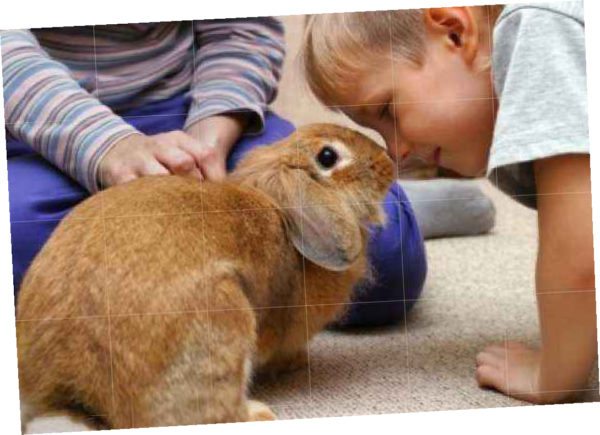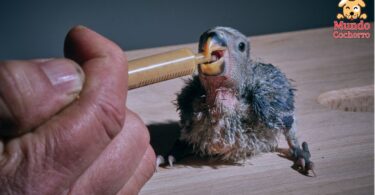Do you have an aggressive parrot at home? This can be a problem if not properly addressed. Parrots can be very cute and fun, but they can also be very challenging when angry or stressed. If your parrot is aggressive, there are a few things you can do to help him calm down and improve his behavior.
Indice
It should also be known that aggression in parrots can have various causes, such as fear, frustration, territoriality, illness or lack of proper socialization. It is important to approach the problem with patience and understanding.
Aggressive parrot: solutions
In this post we tell you some actions you can do to help you in case your parrot is aggressive.
- Identify the cause: Try to identify why your parrot is showing aggression. See if there are any patterns in their behavior, such as certain situations or stimuli that trigger aggression.
- Safe and stimulating environment: Make sure your parrot’s environment is safe and enriching. Provide toys, perches and play areas to keep him mentally stimulated and prevent boredom.
- Proper socialization: Parrots are social animals and need interaction and attention. Take time to interact with your parrot in a positive and enriching way, encouraging play and training.
- Adequate food: It is important that your parrot receives enough nutritious food. If your parrot is not getting adequate nutrients, it may become irritable and aggressive. Make sure your parrot is eating a variety of nutritious foods. You should also offer fresh fruits and vegetables, which are an excellent source of vitamins and minerals.
- Positive reinforcement: Use positive reinforcement to reward good behavior. When your parrot behaves in a calm and friendly manner, offer treats, praise and attention to reinforce that behavior.
- Education and training: Train your parrot with basic commands, such as “up” and “down”, and teach simple tricks. This not only provides mental stimulation, but also fosters a positive relationship between you and your bird.
- Resting time: Make sure your parrot has enough time to rest. Lack of sleep may contribute to irritability and aggression.
- Non-threatening communication: Learn to read your parrot’s signals to know when he is uncomfortable or frightened. Avoid situations that may put you in a state of anxiety.
- Gradual approach: If your parrot shows aggression towards certain objects or people, work on gradual desensitization. Expose him/her to the object or person in question in a non-threatening manner and reinforce positive responses.
- Consult an expert: If aggression persists or worsens, consider seeking the help of an avian veterinarian or bird behavior professional for further evaluation and specific guidance.
Patience and affection
Remember that patience and affection are the key pieces in the process of handling an aggressive parrot. Each bird is unique, so it is important to tailor strategies to your parrot’s individual needs.
Image courtesy of https://pixabay.com, all rights reserved.







